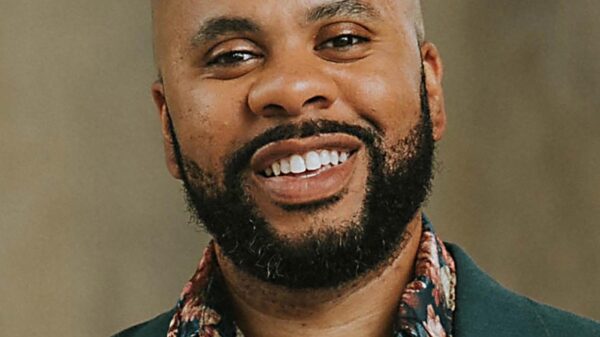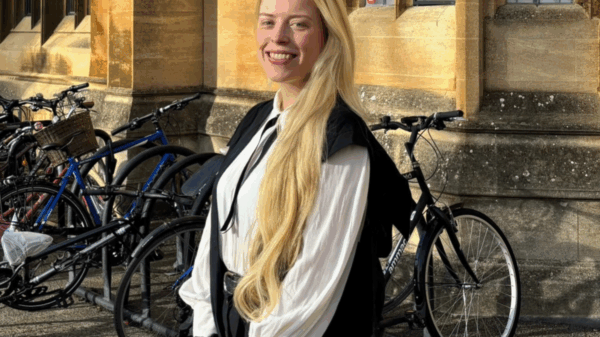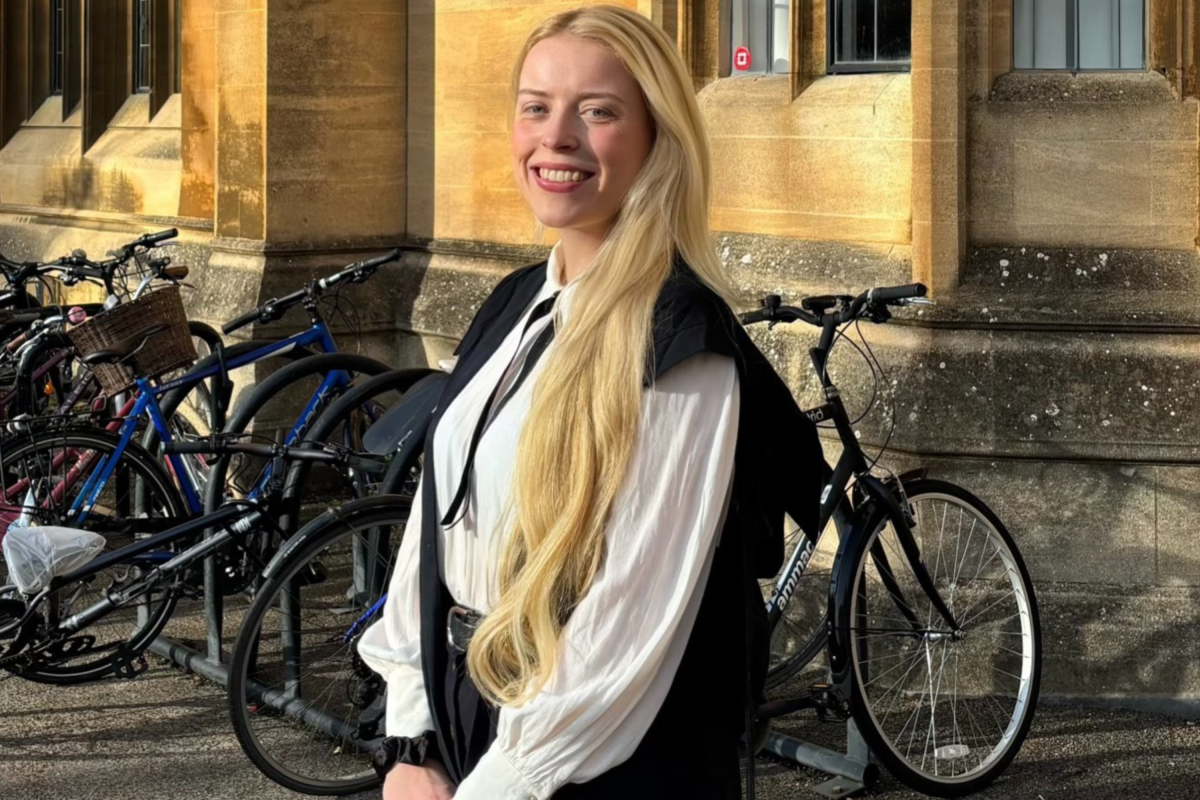UPDATE: Dr. Juliet Turner, a 27-year-old ecologist, is facing a wave of shocking online sexism after celebrating her recent Ph.D. achievement from the University of Oxford. On November 14, 2023, Turner announced her success on social media, stating, “You can call me Doctor,” but was met with a barrage of misogynistic comments.
Turner successfully defended her thesis on the evolution of cooperation in insects, a culmination of four years of rigorous research. Her post quickly garnered over 51,000 likes, but the congratulatory messages were quickly overshadowed by toxic responses from online trolls, many of whom questioned her life choices rather than celebrating her academic success.
One male commenter dismissed her achievement, stating, “she’s got a Ph.D. in Biology, but failed miserably in Biology—30 years old and zero kids,” despite Turner being just 27. Another user claimed, “If you follow an academic career, you will be unlikely to ever have or raise children.” Such remarks highlight the pervasive misogyny still rampant in online spaces.
“Every time I open the app, I’m flooded by new posts of strangers weighing in on either the validity of my thesis topic, the health of my eggs, or the wisdom of my life choices!” Turner told Newsweek.
Turner expressed her disbelief at the scale of the backlash, stating, “I never expected this response. It’s really hard to process.” Despite the negativity, she remains motivated, appreciating the genuine interest in her research and the opportunity to discuss her work with a broader audience.
This incident reflects a troubling trend, as a survey by Amnesty International revealed that 73 percent of Gen Z users in the U.K. reported witnessing misogynistic content online, with many noting an increase in such language across platforms like TikTok and Instagram.
Turner also noted that in her professional life, views on women in STEM fields are less extreme compared to online discussions. However, she acknowledged challenges related to balancing academic careers with family planning, saying, “It’s a hard line to walk because you want to show that you are capable while being interpreted as conceited.”
Now working as a pollinator ecologist, Turner is excited to engage in applied conservation research, stating, “It’s nice to be working with real organisms again.” Her dedication to her field remains unwavering despite the online vitriol, as she continues to advocate for women in academia and the importance of their contributions.
As this story develops, Turner’s experience serves as a vital reminder of the ongoing struggles women face in academia and the need for a cultural shift towards support and respect in all fields.




































































